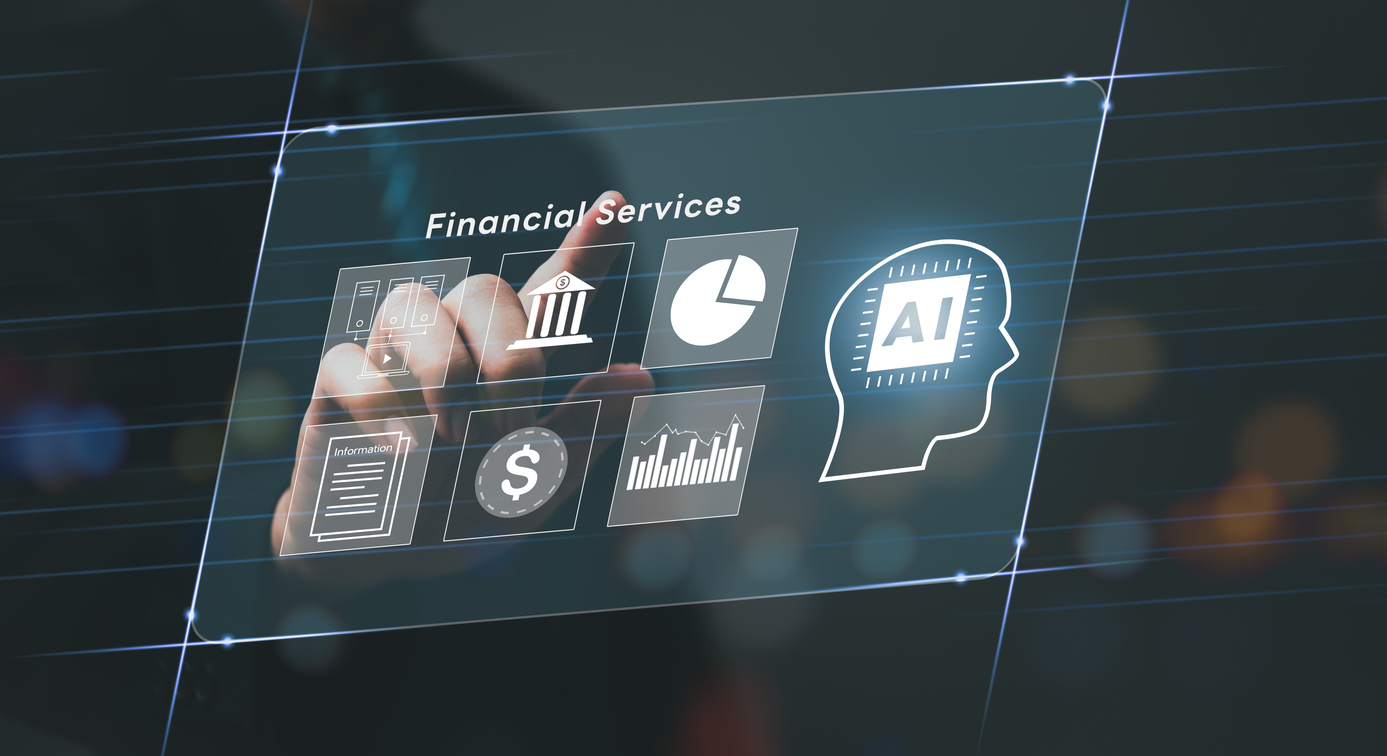How India’s GCCs are Powering the AI Shift in Global Banking
In April this year, at NatWest Group’s Annual General Meeting 2025, the spotlight was firmly on innovation—and much of it is being driven out of India. Chairman Rick Haythornthwaite of NatWest Group, one of the UK’s largest banks, acknowledged this shift: “I have had the chance to immerse myself in some of the new technology we are testing, having visited our data and tech teams in the UK and India…” India’s Global Capability Centres (GCCs), once focused on back-office operations, are now emerging as critical engines of product development and innovation for the global financial services sector. NatWest’s GCCs in India are leading key initiatives under its 2025 Fintech Growth Programme, working with startups to combat fraud in digital payments and streamline mortgage processing.
A standout example is Cora, the bank’s AI-powered digital assistant, largely developed in India. In the past year alone, Cora handled 18 million customer interactions and contributed to a 150% increase in customer satisfaction, primarily through seamless, AI-driven self-service and minimal human intervention.
This shift isn’t unique to NatWest. Global financial institutions like JPMorgan Chase and Goldman Sachs are also leaning heavily on their Indian GCCs, which have become central to their global fintech and AI strategies. No longer confined to support functions, these centres are building financial products and solutions for the global market.
For instance, JPMorgan Chase’s India GCC, with over 50,000 employees, has become a powerful engine of innovation. In 2025, they developed AI tools like “Coach AI” and “GenAI,” which boosted advisor productivity, reduced research time by 95%, and led to a 20% increase in sales within Asset and Wealth Management. This marks a fundamental shift from focusing solely on efficiency to driving real value creation. With plans to roll out AI tools to over 200,000 employees globally, India remains a central hub for this strategic transformation.
Similarly, investment banking giant Goldman Sachs has made Bengaluru and Hyderabad central to its tech strategy. In June 2025, it launched a company-wide generative AI tool, “GS AI Assistant,” for 10,000 employees. Integrated with GPT-4 and Google Gemini, the tool supports bankers, traders, and asset managers with document summarisation, drafting, data analysis, and translation.
Financial institutions are striving to keep pace with the rapidly evolving digital economy and GCCs are playing a key role in this transformation. According to a report, nearly half of GCCs in India have the autonomy to manage the complete product lifecycle and drive core business operations, with AI proving to be a game-changer. Today, with over 120,000 AI professionals, GCCs in the country stand at the forefront of value creation.
Despite the promising growth of AI in Indian GCCs, challenges persist. Key hurdles remain like ensuring high-quality data integration across legacy systems and establishing agile regulatory frameworks for AI governance, particularly concerning data privacy and ethics. Continuous talent upskilling in advanced AI/ML and cybersecurity is vital. Moreover, the heightened reliance on digital platforms amplifies cybersecurity risks, requiring a security-first approach for fintech firms under India’s DPDP Rules 2025.
With AI reshaping financial services, Indian Global Capability Centers (GCCs) are ready to lead the charge. Boasting a strong talent pool and increasing ownership over end-to-end products, they’re perfectly positioned to drive this transformation and shape the future of global finance from India.


















